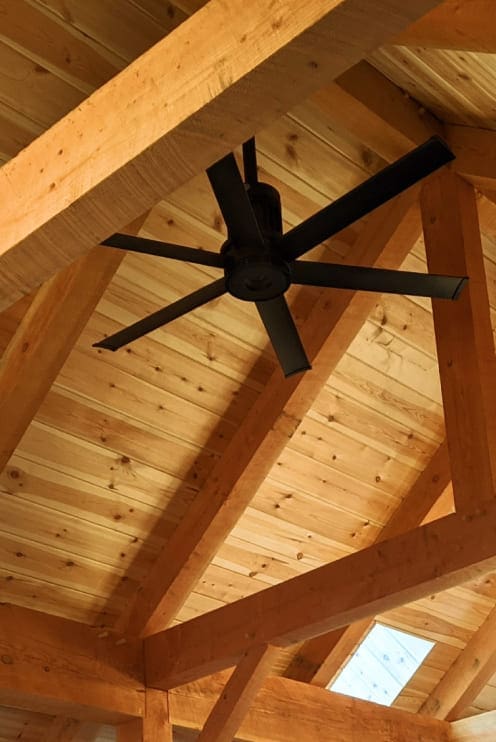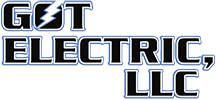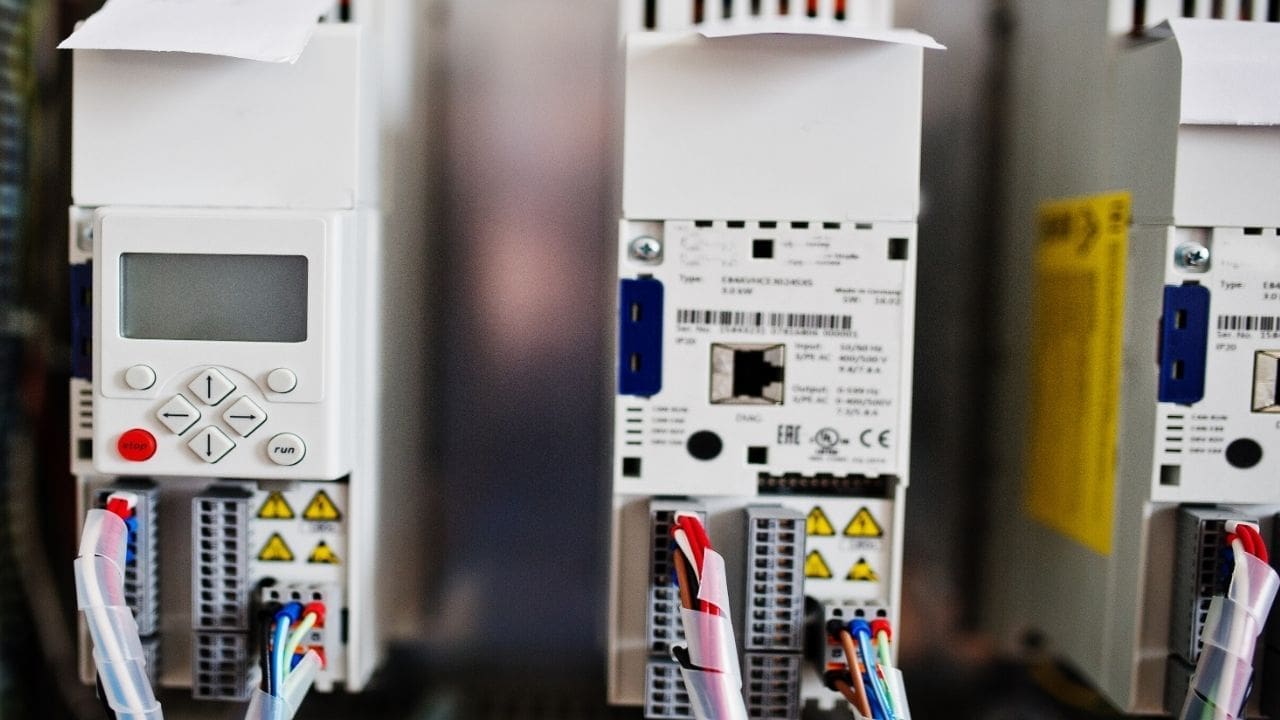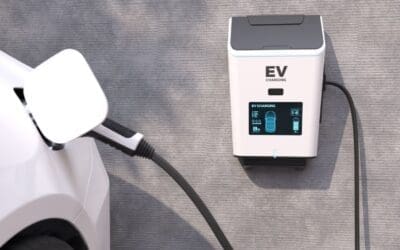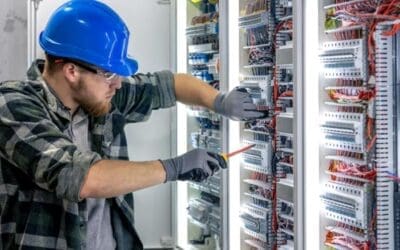What Is a Home Battery Backup System?
A battery backup for home is a system that stores electricity in rechargeable batteries for use when the main power grid goes down or when you want to draw from stored energy instead of the grid.
How Does a Home Battery Backup Work?
A backup system for the home battery that stores unnecessary electricity from your solar panels that draws electricity from the grid during low-cost times. When power goes out or energy demand spikes, the system automatically kicks in to keep your home powered.
Here’s a simple breakdown.
- Energy sourcing is from grid or solar power supply.
- Lithium-ion or lead-acid batteries store the energy for use.
- When the grid goes down or the rates get too high, stored energy powers your home.
- When the power comes back or sunlight comes back they will recharge for the next cycle.
If you have solar panels in your home, you can maximize their efficiency by getting a solar battery backup installation. This allows you to use your own stored solar power during the night or when there’s a power outage!
Types of Household Battery Backup Systems
Not all battery backup for home systems are created equal. Knowing the differences may help you find the best fit for your household.
1. Grid-Tied Systems
These systems connect to your local utility grid. You can take electricity from the grid and send excess solar energy back to the grid, usually earning energy credits.
2. Off-Grid Systems
These systems work autonomously on the electrical grid making them ideal for isolated areas. You depend completely on your home battery backup and solar panels for energy.
3. Hybrid Systems
Hybrid systems combine the benefits of the grid with benefiting from stored backup energy.
Key Benefits of Installing a Home Battery Backup
Investing in your home for a battery backup gives many benefits.
1. Energy Independence
By using battery storage with your solar energy system, you’re able to store clean energy and not have to rely on the grid so much.
2. Reliable Backup Power
Your battery backup will keep vital equipment and systems powered up when there is a storm or outage.
3. Environmental Benefits
Putting in a solar battery backup system will lessen your carbon footprint and reliance on fossil fuels.
4. Cost Savings
Using stored energy during times of high demand will reduce the cost of your monthly energy bill.
5. Silent and does not require upkeep
Battery backups are silent and require little maintenance compared to generators, making them apartment-friendly.
Battery Installation: What to Expect
When a professional does it, battery installation for a home is an easy process. It typically involves.
1. Learning: A technician measures what power you need and what you have.
2. System Design: They find the correct battery size and setup for you.
3. Installation: The unit takes place, connection to your power supply, and connection to solar water heating where applicable.
4. Testing: The installer tests the system to guarantee seamless transfer during a power outage.
Having your system professionally installed means it will operate safely and efficiently.
Battery Maintenance Tips for Long-Term Performance
If you want to maximize the performance of your home battery backup, then performing proper battery maintenance will extend its lifespan. Here are some best practices.
- Check the battery and control systems for dust, corrosion, and wear regularly.
- Use your system app or control panel to check the charge levels and performance of batteries.
- Store batteries in a cool, dry and ventilated compartment to avoid excessive temperature buildup.
- Make sure that you keep the software of firmware and monitoring systems updated.
- Professional Servicing: Set a date to book an annual service with your installer.
Most household battery backup systems can last for a minimum of 10-15 years if maintained as prescribed.
Choosing the Right Home Battery Backup System
There are certain things to keep in mind when choosing a battery backup for home.
- We measure the capacity of your house in energy to power your house, when there is an outage.
- The system must be compatible with your current solar setup/grid.
- The better choice depends on how you want to use the electric bike.
- Select a brand or installer with good support and a warranty for a longer period.
- When your requirement for energy grows, your system is easy to expand.
Getting expert help will allow you to get a system that suits the size of your home and its lifestyle and energy goals.
Frequently Asked Questions (FAQs)
1. How long can a home battery backup power my house?
2. Can I add a battery to my existing solar system?
3. How much does a home battery backup cost?
4. Do battery backups require regular maintenance?
5. Are home battery backup systems safe?
Conclusion
Investing the home battery backup system is a wise investment for: energy independence, energy reliability and energy sustainability. Whether you use it as part of a solar system or by itself, it can keep your home powered when there is a blackout and help control energy costs.
If you’re ready for a reliable energy solution with sustainability, GotElectric is your expert partner for battery installation, renewables and long-term system performance.
With offices in Ijamsville, MD & Linville, VA, Got Electric offers residential and commercial electric work, including installation, safety inspections, repairs, lighting design, and troubleshooting.
Got Electric also specializes in solar Energy Projects. Our electricians are fully licensed by state and local jurisdiction, ensuring that your electrical projects will be installed to industry and code standards.
Energized by Auxilium Technology
